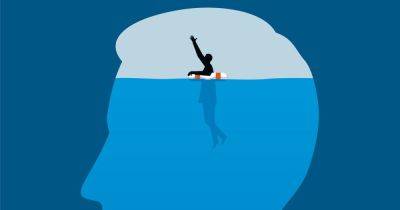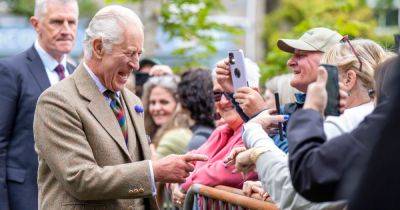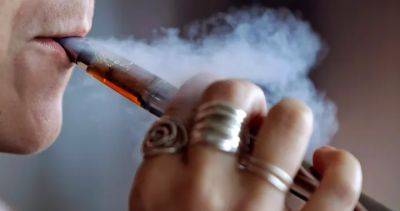Why You Feel Hungover After An Anxiety Or Panic Attack
If you deal with anxiety, you may be familiar with the draining sensation that comes after an anxiety or panic attack. There’s the brain fog and the sluggishness. It can feel harder to focus, you may be less alert and your body might ache.
During an anxiety or panic attack, the body experiences a range of chemical changes and starts pumping out adrenaline. Your heart rate quickens and your breathing becomes shallow. Then, when the attack passes and you come down from the intense response produced by the nervous system, a new set of symptoms appear and the anxiety attack “hangover” sets in, leaving people feeling mentally and physically depleted.
“The overwhelm takes a lot of energy and it revs us up in a way, so, naturally, we’re going to feel very tired and very fatigued after it,” Jessica Stern , a clinical assistant professor in the department of psychiatry at NYU Langone Health, told HuffPost.
What causes these aftereffects?
It’s important to know that panic attacks and anxiety attacks, though often used interchangeably, are two different things.
A panic attack is a physiological reaction in which the body’s fight-or-flight response is activated to help a person prepare for something dangerous. People often say a panic attack feels like they’re having a heart attack or dying — it can trigger intense anxiety along with a mix of physical symptoms, including a fast heartbeat, sweating, trembling and shortness of breath.
Anxiety attacks, on the other hand, typically occur when people no longer feel in control of their anxiety. “The anxiety sort of crosses a threshold where it’s no longer comfortable or manageable for someone,” said David Klemanski , a Yale Medicine psychologist and assistant professor of psychiatry







